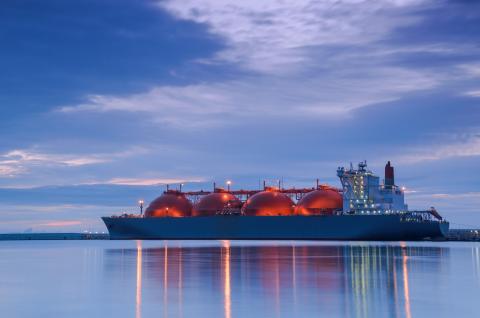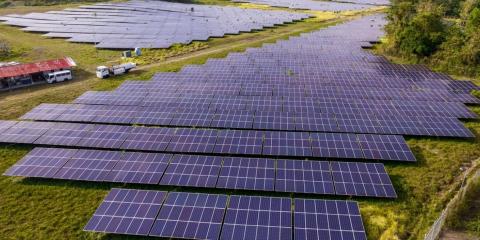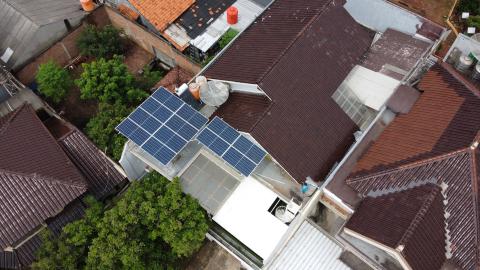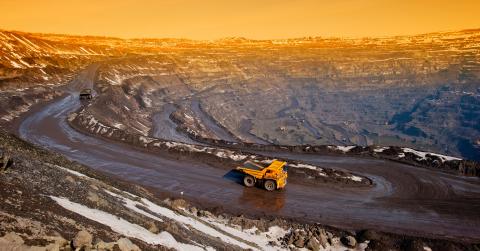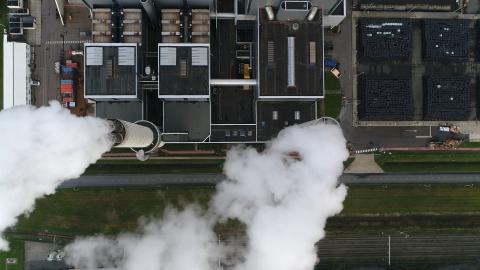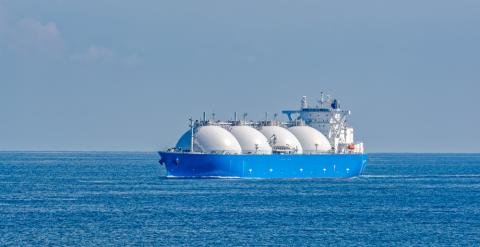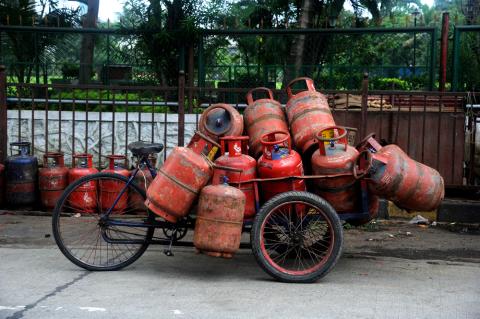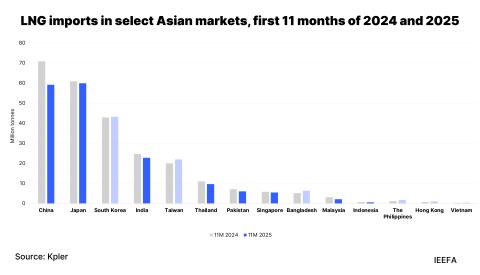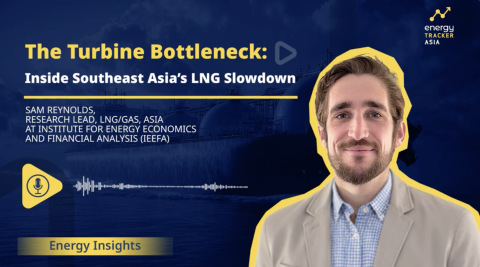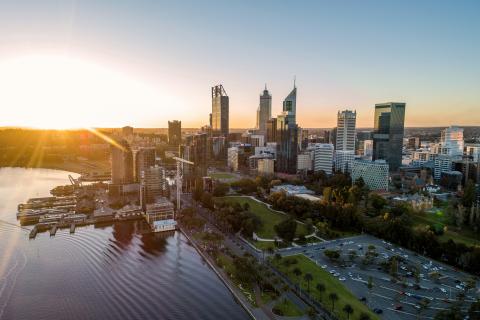IEEFA Update: An Increasingly Cursed Australian Coal Project
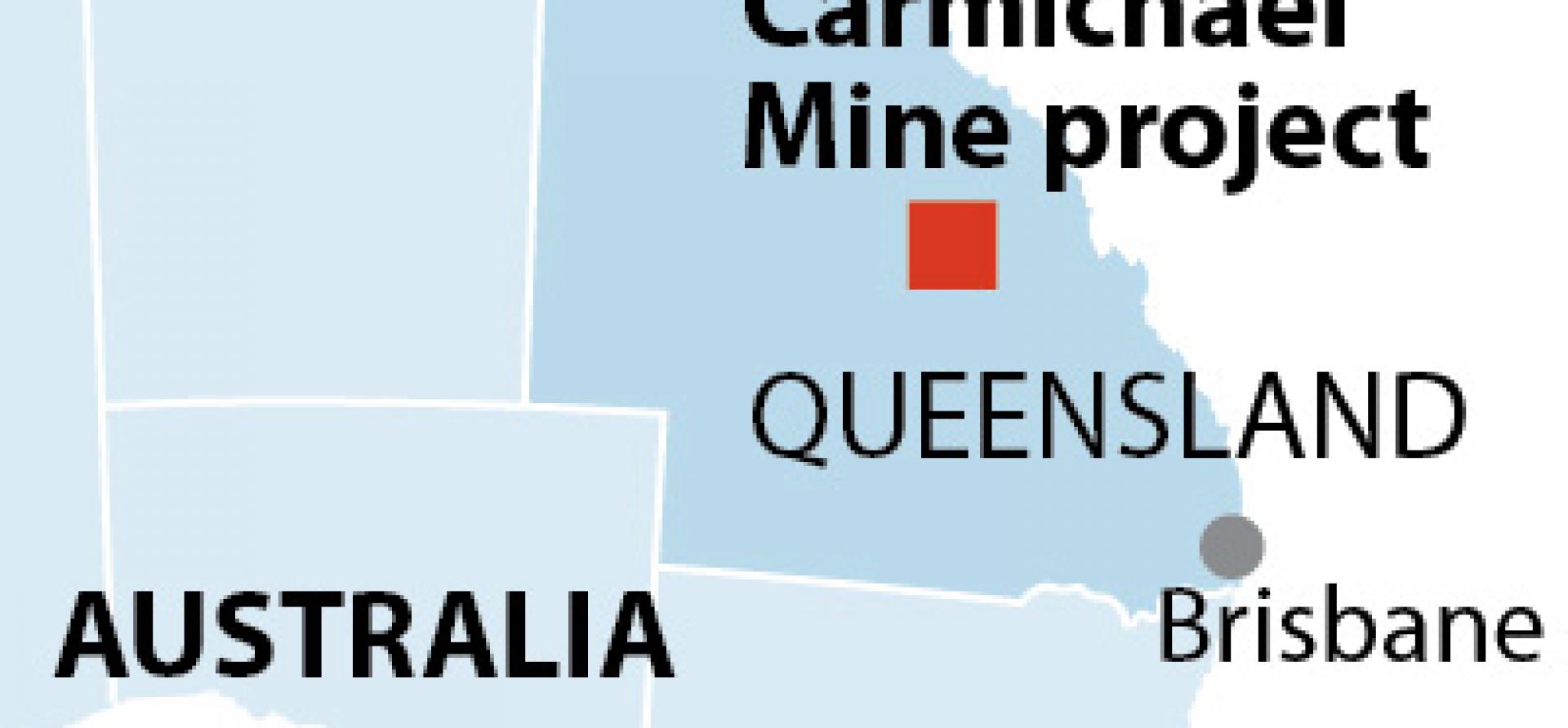
IEEFA has released an update today on Adani’s long-festering coal mine project in northern Queensland that plumbs the depths of the Indian conglomerate’s financials and finds them vastly insufficient for the supposed job at hand.
Our report— “Adani: Remote Prospect: Carmichael Status Update 2017”—follows on previous work we’ve done around what would be the biggest new coal mine in the world.
While we’ve persistently wondered at the rationale for such a project in a global seaborne coal-trade environment in structural decline, our doubts have only grown in recent weeks.
As we say in a press release posted below, Carmichael is a white elephant in the making and no financier with much sense would go near it.
Indeed, Adani’s proposal has all the fundamentals of a feckless entrepreneurial scheme equivalent to those last seen in Australia in the 1980s. Absent massive taxpayer subsidies, no independent investor will give the proposal a second glace given its strategic and financial predicament, particularly set against a rapidly declining market for seaborne thermal coal and fast-changing energy policy in India, which is supposed to be the target market for Carmichael coal.
Some excerpts from our report:
Adani Enterprises has a weak balance sheet and excessive debt. With a market capitalization of just US$1.9 billion, net debt of US$2.5 billion, and a wide range of expansion projects across multiple industry sectors, Adani Enterprises is not in a strong financial position. Without a major new equity raising for the project, Adani may attempt to finance the Carmichael mine entirely by debt, a high-risk option for shareholders and lenders alike. A further debt raising would seriously over-stretch the company’s already leveraged balance sheet.
The Carmichael project is now at odds with Indian government energy strategy. In the years since Adani purchased the lease for the Carmichael mine, Indian government energy policy has shifted radically. Energy Minister Piyush Goyal has stated repeatedly that it is government policy to cease thermal coal imports—a policy that brings into question the very point of the proposed mine. Progress toward this goal is well underway with coal imports dropping 22-25% year on year in the last two reported months. Record-breaking auctions in India for both solar and wind energy have driven down renewables costs to new lows. Both are now cheaper than new coal in India, and the government’s highly ambitious target to install 175GW of renewable energy by 2022 is now well underway.
Project economics remain poor, indicating a high risk of sustained loss making. Despite a recent spike in thermal coal prices in late 2016, the forward market is today back to pricing in a 2020 benchmark coal price of below US$68/t, half the prevailing price when Adani Enterprises acquired the Carmichael proposal in 2010.
And opaque corporate structure raises serious governance concerns. The corporate structure of the Adani group is complex, and IEEFA considers the company’s use of multiple offshore tax havens as creating serious transparency, regulatory and financial issues for the Carmichael project. The company is likely to face an anti-money laundering issue that won’t realistically be resolved until the Indian government’s Director of Revenue Intelligence has resolved multi-billion-dollar fraud investigations.
Adani has failed to secure social license in Australia. The project continues to face a series of legal challenges by both environmentalists and the indigenous traditional owners of the Carmichael site. Despite the current government support for the Carmichael project, a high level of public anger and opposition to the project persists and a sustained campaign by an alliance of Australia’s largest environmental organizations continues. Opposition is escalating and raises questions over the reliability of political support over the medium term.
On that last point, there are questions too about the high cost of the project to taxpayers and the likely lower-than-claimed returns on job creation.
Private capital has already vacated the playing field, and Australian and Indian taxpayers have become the only potential sources of funding. It would be a mistake to sink more money into this cursed project, which has never looked more like a stranded asset than it does today.
[Full report: “Adani: Remote Prospect: Carmichael Status Update 2017”]
Tim Buckley is IEEFA’s director of energy policy studies, Australasia. Simon Nicholas is an IEEFA energy finance analyst.
RELATED POSTS:
IEEFA Update: Adani Has Gone Quiet on Its Australia Coal Mega-Project
IEEFA Australia: Adani’s Carmichael Coal Project Remains Unbankable
IEEFA Asia: More Bad Numbers for Adani; a Renewables Merger in India; Change of Note in China



